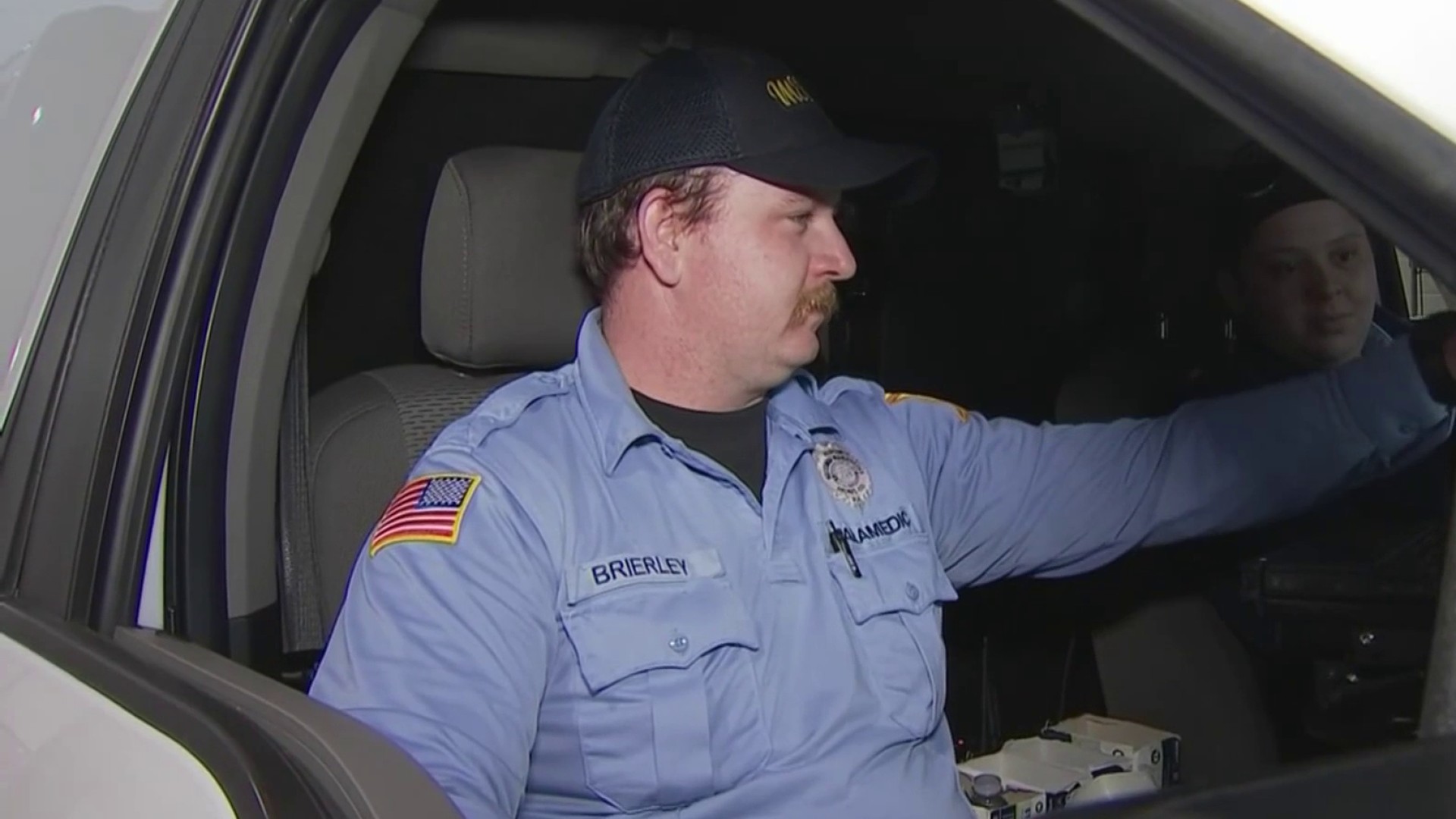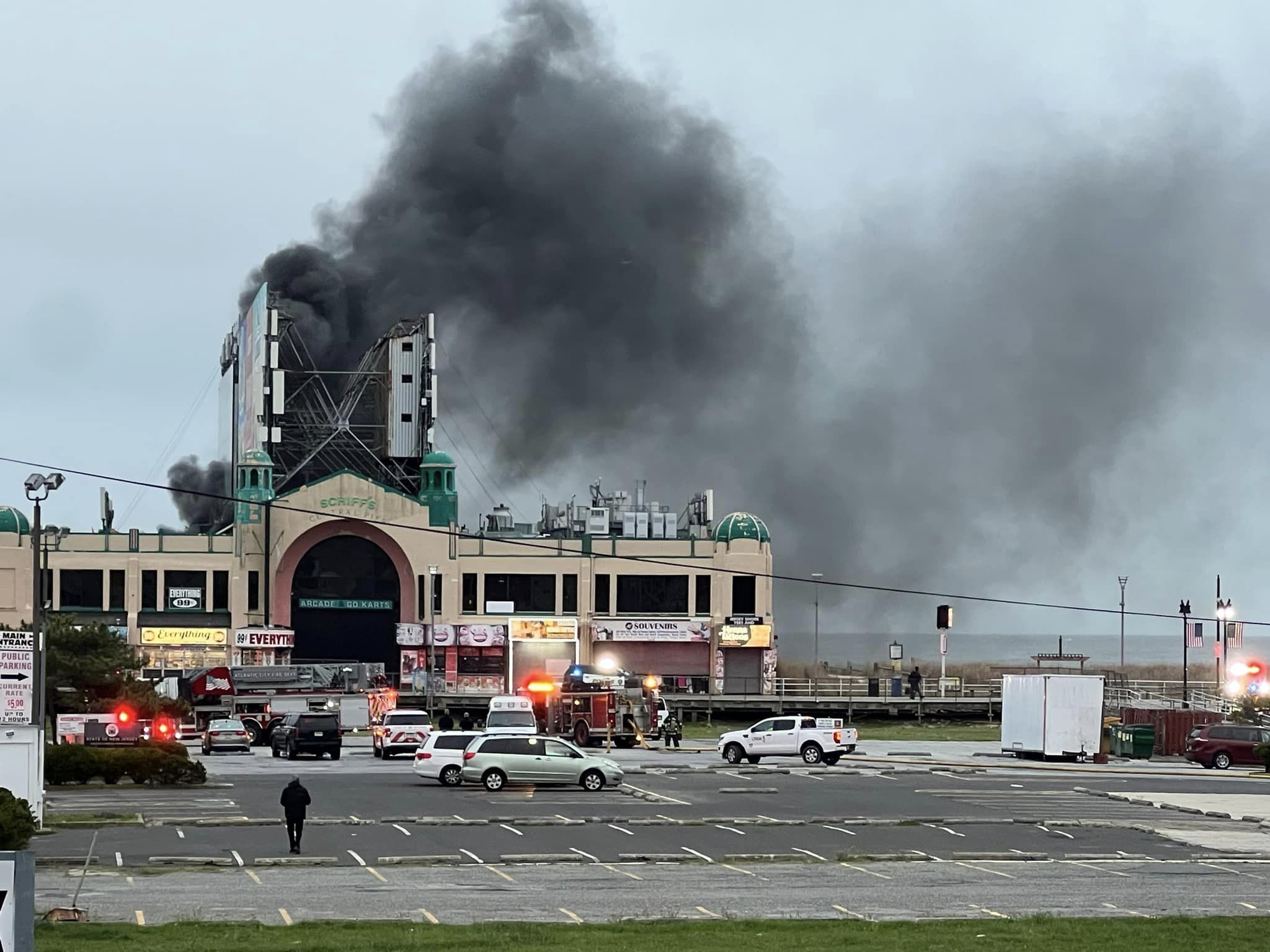Klein Michael Thaxton was an ex-soldier and armed carjacker from McKeesport participating in an Allegheny County Veterans Court rehabilitation program when he brought Downtown Pittsburgh to a halt.
Armed with a kitchen knife and hammer, Thaxton held a Ligonier businessman hostage on Sept. 21, 2012, at Three Gateway Center, at times sending Facebook messages to friends before surrendering six hours later.
Thaxton, 23, was in Veterans Court to expunge or slash his carjacking sentence while getting housing help, counseling and probation monitoring. After a standoff with police, he was booted from the court's docket and is serving six to 15 years in state prison for kidnapping.
The special courts are part of a trend nationwide. The U.S. Department of Veterans Affairs has tracked the creation of at least 168 courts for ex-military members nationwide since 2004 — 17 in Pennsylvania, including Allegheny, Butler and Beaver counties. They evolved from special drug and mental health dockets designed to root out the causes of crime by addressing convicts' psychological problems or addiction issues.
To enter Allegheny County Veterans Court, Thaxton had to get through Assistant District Attorney Debra Barnisin-Lange, VA representatives, probation officials, and others on the court's team who decide which offenders to accept. Victims and arresting officers get a vote.
"If we can offer the services and support, and release them into the community better than we found them, then it's a risk the parties all take together," Lange told the Tribune-Review.
The Thaxton case triggered a Pittsburgh Tribune-Review examination of 66 defendants admitted into Allegheny County Veterans Court since Common Pleas Judge John Zottola founded it in 2009.
The Tribune-Review found:
— No uniform federal or Pennsylvania rules exist to guide courts on the veterans they should admit or what they must accomplish to transition to civilian life, what the courts call "graduating." Philadelphia, for example, diverts veterans charged with non-violent offenses to the special dockets run by district magistrates; Allegheny County enrolls at the more serious Common Pleas Court level. The Administrative Office of Pennsylvania Courts only recently received money to study the courts and will issue findings next year, as will the VA.
— Thaxton wasn't an anomaly. Allegheny County Veterans Court accepts violent criminals that other programs routinely reject, such as arsonists, drug dealers and domestic-abuse defendants. The Trib found a dozen defendants who committed crimes here and in other states while in the program.
— Military records indicate a third of Allegheny County defendants exited the military as privates after an average of three years in uniform. Of the 48 men and women who would have been eligible to receive a good conduct medal, only 18 received them — a red flag signaling the nature of their service.
Thaxton, for example, never deployed and spent 17 months in the Army before leaving involuntarily. He displayed increasingly erratic behavior upon his return to McKeesport as he spiraled deeper into mental illness, military and court records show.
— Pennsylvania judges and court officials eagerly established Veterans Court as a way to trim repeat offenders and jail populations. Of 38 defendants who graduated from Allegheny County's program over the past four years, only one veteran was re-arrested. That recidivism rate is 20 times lower than the state average for men leaving prison, and is even more remarkable when considering the county accepts violent felons such as Thaxton.
The Trib found one in five vets entered Allegheny County's program after committing crimes involving guns or knives, sometimes against police.
About two of every three defendants on Zottola's docket finished their treatment programs. That is similar to the national graduation rate, VA researchers say. Those who violate terms of their plan are bounced and finish their sentences in jail or on probation.
Pittsburgh is not alone. In Philadelphia, 341 vets convicted of non-violent misdemeanors have graduated since 2010. According to the court, one in 15 graduates later was convicted of a crime — higher than Allegheny County's rate but far below the state average.
The low recidivism rate impresses Karen Blackburn, who is studying the special dockets for the Administrative Office of Pennsylvania Courts.
"For everyone who isn't in jail, you have someone living a productive life," she said.
"It's not a free pass. It's a program and people monitor you," said Andrew Armour, 46, an Army artilleryman in Iraq during Operation Desert Storm who graduated from the court Thursday.
Armour, of Homewood, entered the special docket in 2012 and enrolled in anger management courses. He was accused of beating his wife and preventing her from leaving home.
A VA employee, Armour credits Veterans Court for bringing him "back to church for the first time in years," getting help for stress and getting out of a toxic relationship. He has not committed a crime since entering the program, county records show.
"The court looks at you and says let's find a way to incorporate us back into society, instead of treating us like common criminals," Armour said.
Local
Breaking news and the stories that matter to your neighborhood.
Keeping vets out of jail saves taxpayers money, though Zottola's court can't say how much. He estimates "thousands of dollars each," partly because Duquesne University law students represent indigent veterans for free, but mostly because VA picks up the bill — about $20,000 per defendants who qualify for the agency's programs.
The low number of re-offenders and the savings to Pennsylvania taxpayers propelled Supreme Court Justice Seamus McCaffery, a former Philadelphia cop, to enthusiastically stump statewide for counties to start veterans courts.
His opinion counts: he's a veteran of the Marine Corps and Air Force Reserve.
"You're hearing this from a former cop: We can't continue to just warehouse people," he said. "We just can't keep throwing people in jail."
McCaffery concedes that in their haste to get VA help for Iraq and Afghanistan vets, Pennsylvania judges had to "learn as we go along" with Veterans Court. He acknowledges "deficiencies in the program."
Overall, however, he thinks Pennsylvania's court system for veterans is "well-oiled and efficient."



